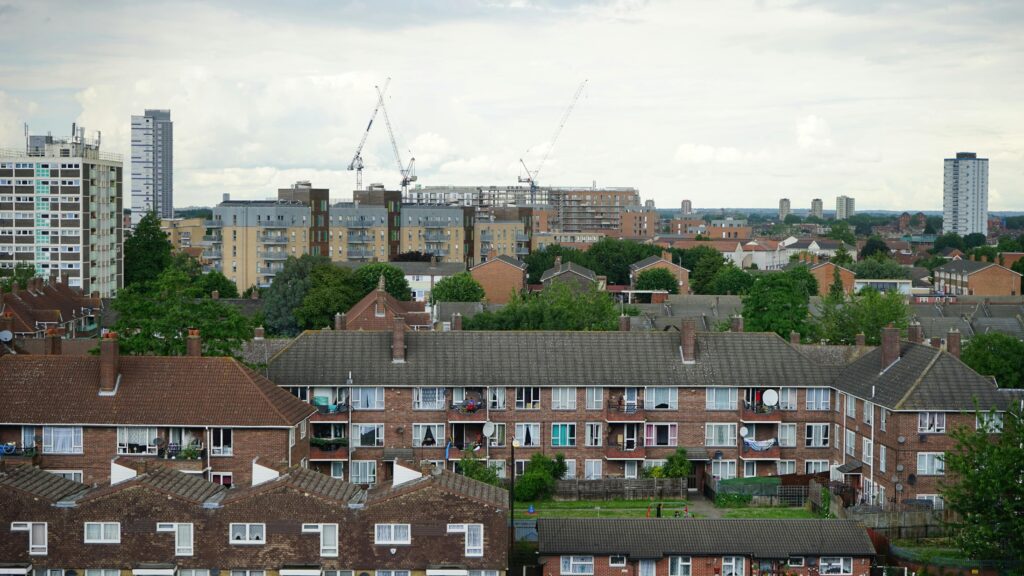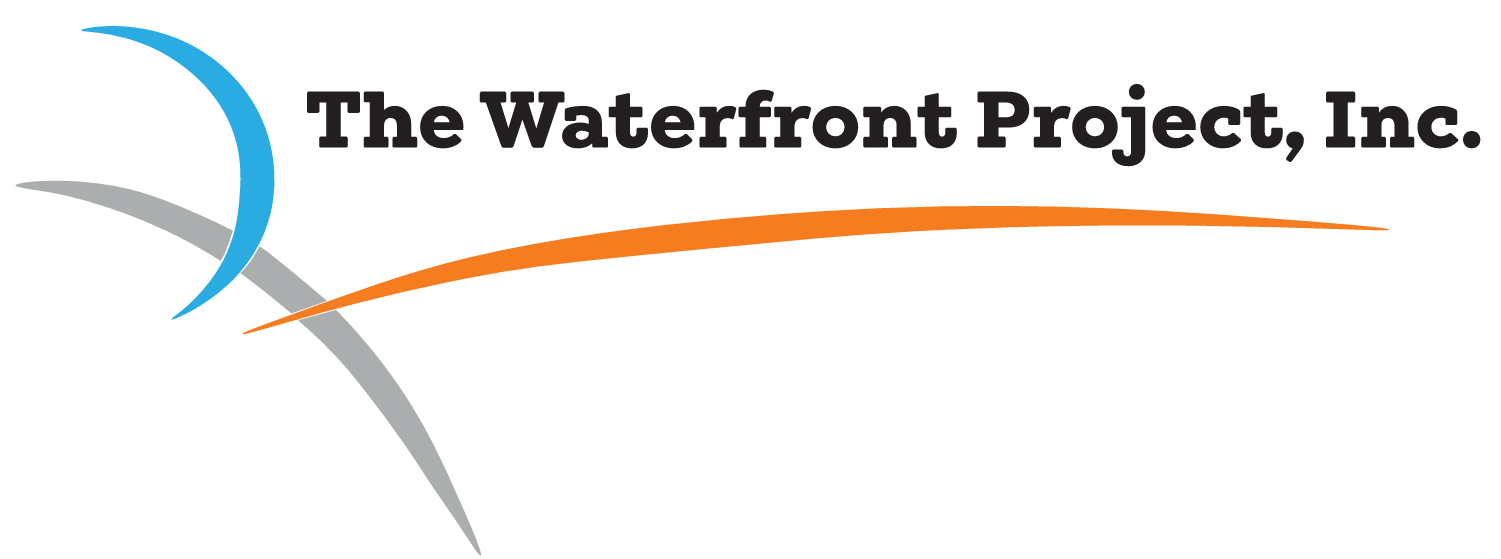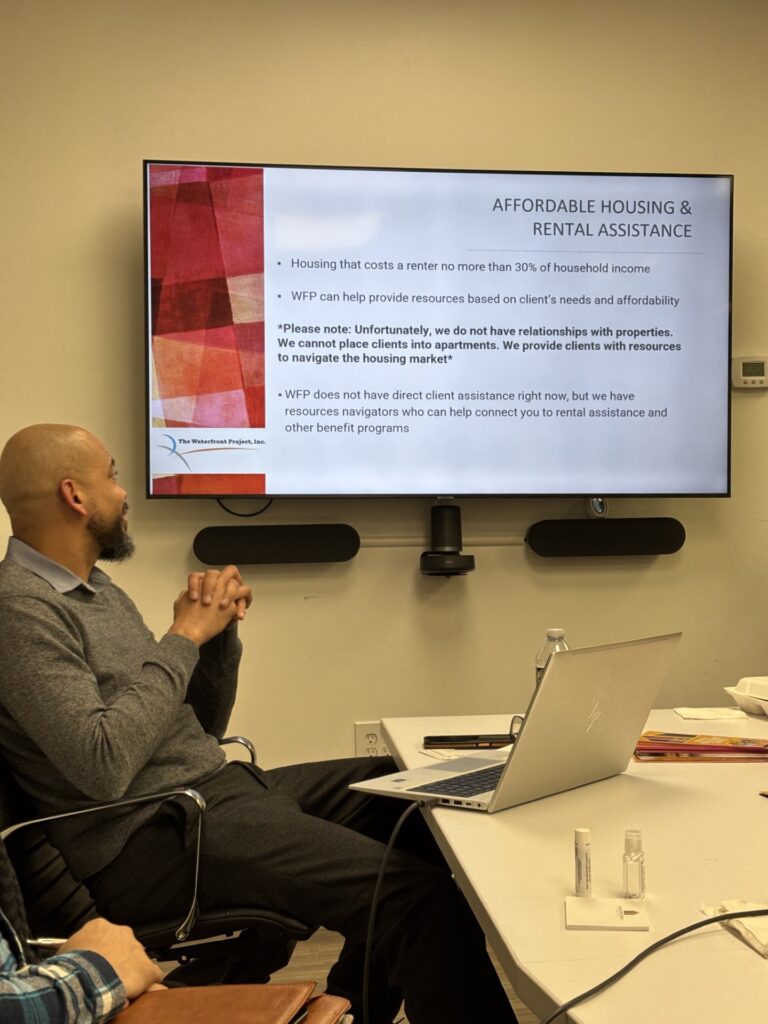Article sources:
HUD To Lay Off Hundreds As Government Shutdown Drags On
OMB says ‘substantial’ federal employee layoffs have begun
Over the past week, alarming news emerged: the Department of Housing and Urban Development (HUD) has sent layoff notices to hundreds of employees—cuts that disproportionately affect fair housing, public housing, and community development divisions.

While HUD claims these reductions are necessary “to align with the administration’s priorities and available appropriations,” the timing and focus of these cuts raise serious concerns about what’s being sacrificed—and who will bear the consequences.
What We Know
- HUD plans to lay off approximately 442 employees across multiple departments.
- Entire Fair Housing teams in Denver and San Francisco will be eliminated, leaving vast regions without civil rights investigation capacity.
- Other affected units include Public and Indian Housing, Office of Housing and Operations, and Community Planning & Development.
- Some HUD staffers have already left voluntarily this year—by some counts, 2,300 people (about 23% of the agency’s workforce) are gone, weakening institutional memory and capacity.
Why This Matters to Housing Justice
1. Fair Housing Enforcement Will Weaken Dramatically
When fair housing investigators and civil rights staff are cut, people facing discrimination in renting, buying, or accessing housing have fewer paths to redress. This is especially dangerous in communities of color, where discriminatory practices still persist. Eliminating entire regional offices means marginalized tenants may have no recourse.
2. Reduced Oversight on Public and Affordable Housing
Cuts in HUD’s public housing and operations divisions could slow inspections, maintenance oversight, and program compliance. Tenants living in subsidized housing may face deteriorating conditions without accountability.
3. Community Planning, Development, and Funding Gaps
The Office of Community Planning & Development is often the conduit for grants that support affordable housing, infrastructure in low-income neighborhoods, and community revitalization. Cuts here mean fewer resources for local governments, nonprofits, and community groups trying to preserve affordability.
4. Local Impact in New Jersey & Hudson County
In Hudson County, where WFP fights eviction, supports renters, and advocates for housing stability, the effects could be direct and severe:
- Fewer HUD staff may delay approval of new affordable housing projects.
- Oversight of housing programs serving low-income families may diminish.
- Discrimination complaints from NJ tenants could have longer processing times or may not be addressed at all.
These cuts don’t happen in isolation—they interact with state and local budgets, eviction pressures, and displacement trends. When federal protections crumble, communities that already struggle are pushed further over the edge.
Our Stance & What We Must Do
At The Waterfront Project, we believe housing is a human right, not a negotiable line item in a federal budget. These HUD layoffs threaten not just agency capacity but the stability, dignity, and rights of thousands of people across New Jersey.

Here’s how we must respond:
- Demand Accountability
Call on Congress, the Senate, and your local representatives to oppose these cuts and push for full funding of HUD programs—and restoration of affected positions. - Strengthen Local Protections
As federal capacity erodes, local governments must step up. Rent control, strengthened tenant laws, eviction defense funding, and legal aid will become even more essential. - Support Advocacy & Legal Action
Civil rights, housing justice, and tenant advocacy organizations should challenge these cuts via legal routes, public pressure, and coalition building. - Elevate Client Voices
Share stories of tenants harmed by neglected housing conditions, discrimination, or eviction. Let the human impact cut through policy jargon.
Support starts with you. Together, we can create a better world and keep families housed. Make an impact to our organization today so that non-profits like ours can continue advocating for affordable housing and homelessness prevention.
















